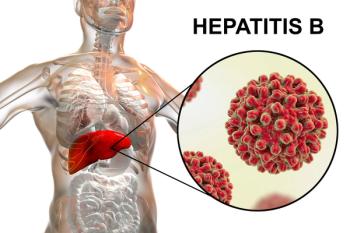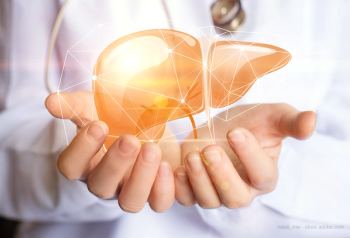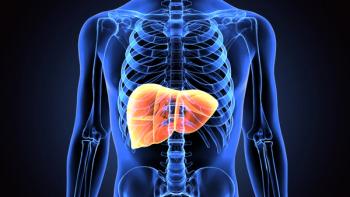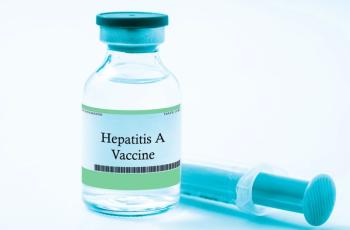
COVID-19 Cancels Liver Disease Patients’ Procedures
More than half of advanced liver disease patients have had procedures canceled due to the COVID-19 pandemic, according to a recent survey.
More than half of advanced liver disease patients have had procedures canceled due to the COVID-19 pandemic, according to a
The British Liver Trust survey of 121 patients found 54.6% of those with advanced liver disease have experienced cancellations.
“We know from speaking to patients on our nurse-led helpline and support groups that a wide variety of procedures have been delayed or cancelled, from routine scans, check-ups, blood tests, procedures such as liver biopsies, and cancer treatments,” Vanessa Hebditch, director of policy and communications at BLT, told Managed Healthcare Executive®.
For some patients, the delays and cancellations led to a deterioration in their condition.
“We are very concerned. Liver disease is a public health emergency,” Hebditch said.
There are often very few symptoms in the early stages of liver disease, so people are usually diagnosed at a late stage when it’s too late for treatment, Hebditch explained.
“Delays to diagnosis and treatment will lead to more people needing a liver transplant and, sadly, more liver disease deaths,” she added.
Procedure cancellations and delays have been caused by numerous factors, including a redeployment of nurses and doctors to other departments and a lower number of donor livers available for transplant, according to Hebditch. Additionally, there are concerns about the risks of treating people with liver disease in a face-to-face environment since many of them are extremely clinically vulnerable to COVID-19.
It will take some time before services return to pre-COVID levels and the backlog of treatments, scans and surveillance is addressed, Hebditch added.
“There is currently a huge focus on cancer patients, which is absolutely right but we must ensure that other disease such as liver disease are not forgotten,” she said.
The survey also found 51% of advanced liver disease patients have been told they may require a liver transplant in the future. While some patients had their liver transplant delayed during the peak of the pandemic, transplant services have now returned to normal, according to Hebditch.
Half of patients surveyed also said they had to take time off work for liver-related hospital appointments, and 40% of respondents noted they have to travel more than 25 miles to their liver center/hospital for routine appointments.
Many liver disease patients also have to travel to hospitals for platelet transfusions and there are now new treatments that can be given orally, avoiding the need for a transfusion and an overnight stay, according to Hebditch.
“We also hope that one positive outcome from COVID-19 will be improved telemedicine and virtual appointments,” she said.
Newsletter
Get the latest industry news, event updates, and more from Managed healthcare Executive.























